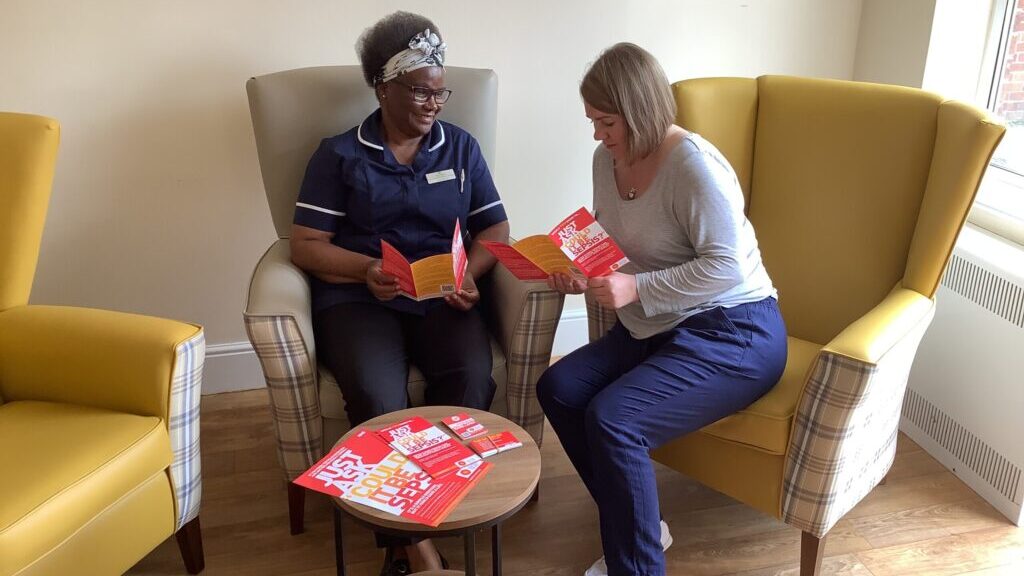Care homes call for increased sepsis vigilance and training

Orchard Care Homes, a leading care provider based in Yorkshire, with 23 homes across North England and the Midlands, believes sepsis awareness should be seen as crucial by any establishment caring for older people and has made training around the condition an integral part of its learning and development offering.
There are at least 200,000 known cases of sepsis in adults across the UK every year. It claims more lives than breast, bowel and prostate cancer combined with around 48,000 people dying each year. Anyone can develop sepsis, however, the elderly and people with complex health needs are more susceptible. Despite this, the condition is not currently a mandatory training element for all healthcare professionals.
What is sepsis?
Sepsis is a life-threatening reaction which happens when the immune systems response to an infection starts to injure the body’s own cells and organs. Without prompt treatment the affected individual can deteriorate quickly, correctly spotting symptoms to ensure fast access to treatment can be imperative to survival. This nationally recognised acronym teaches people to look out for the following warning signs in adults:
- Slurred speech or confusion
- Extreme shivering or muscle pain
- Passing no urine (in a day)
- Severe breathlessness
- It feels like you’re going to die
- Skin mottled or discoloured.
Medical help should be sought immediately if any of these signs are noticed. After calling 999, the person showing symptoms should be reassured, observed for any clinical changes and sat or laid down in a safe position.
Kimberley Brown is clinical development and dementia lead at Orchard Care Homes and is responsible for the build and delivery of clinical training across the group – as well as identifying and resolving any learning obstacles, challenges or needs within the business and its people. She recently visited eight of the company’s care homes in and around Yorkshire to offer advice and guidance to any staff, residents or family members who wanted to learn more about Sepsis.
She said: “It is incredibly important that if somebody develops this condition, it is spotted quickly and acted upon, as getting to the hospital in good time can become lifesaving. Beyond the training that is now given to all of our senior staff and shift leaders, it is really positive to see an appetite to learn from other colleagues, people living in our homes and their family members too. Having the confidence in knowing the symptoms can make all the difference and means you are more likely to spot a subtle change. You should never be afraid to call an ambulance if you suspect Sepsis and understanding the warning signs will only help people trust their own judgement.”
Brown added: “The need for sepsis awareness is nationwide and I am looking forward to expanding these sessions out to all of the homes in our portfolio. We have already sent out guidance literature from the UK Sepsis Trust to our homes and I hope that other care providers across the country will act in a similar fashion. It may not currently be mandatory, but we all have a responsibility and duty of care to people who live in care home communities. Sepsis is simply too dangerous to ignore, but with knowledge and understanding, lives can be saved.”
Quality of care and invigorating best practice is at the forefront of Orchard Care Homes’ strategy. The group’s impressive record demonstrates the highest quality of care it provides its residents, with 100% of its homes now rated Good. Last year the company launched its Dementia Promise and has already developed six dementia care Reconnect Communities, aiming to refocus the way that dementia care is delivered in the UK.



